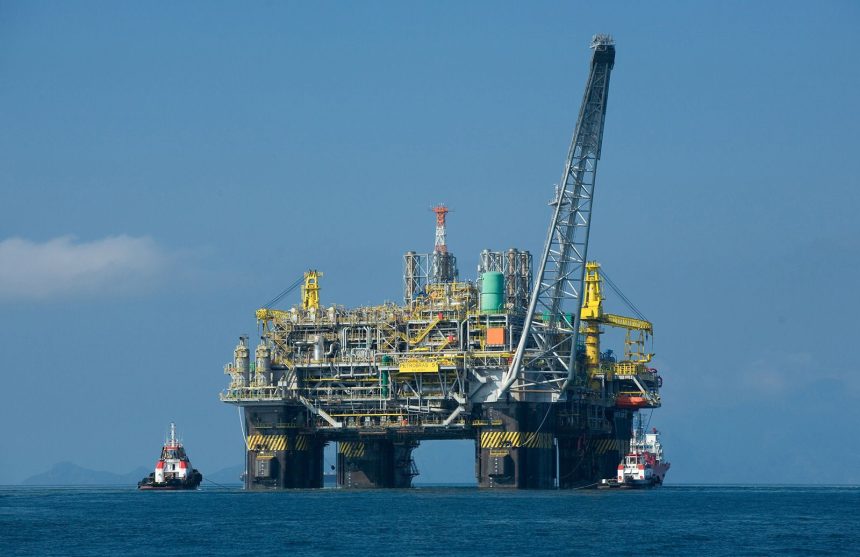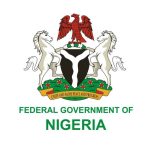According to the Nigerian Upstream Petroleum Regulatory Commission (NUPRC), with a proven reserve of 37.50 billion barrels and a production capacity of roughly 2.19 million barrels per day (mbpd), the nation leads Africa in crude oil production, with an output of 1.61 million barrels per day as of July 23, 2024.
This was disclosed at the House of Representatives Special Committee Two-Day Public/Investigative Hearing on Oil Theft/Losses by the Commission’s Chief Executive, Engr. Gbenga Komolafe.
The NUPRC regulates the technical and commercial aspects of operations in the country’s Upstream Petroleum sector, ensuring optimal tax revenue generation, royalty collection, and cost benchmarking. The organization is mandated to oversee the exploration, development, production, and lifting operations of crude oil and natural gas.
The Commission’s other main areas of concern are maintaining low-cost production sustainability and business continuity, accurately measuring and paying royalties on time, supplying natural gas and crude oil to the domestic market continuously, and upholding environmental, health, and safety regulations.
Regarding the statutory mandates and regulatory strategies of the NUPRC, Engineer Komolafe states that the Petroleum Industry Act 2021 gives the Commission various statutory mandates in the areas of fiscal pricing for crude oil and condensate, reporting and statistics on upstream operations, regulatory oversight, and issuing quality and quantity certificates for exports.
The primary upstream regulator of the country states that the Commission’s initiatives are designed to maximize output, improve regulatory supervision, and guarantee precise measurement and accounting.
Engr. Gbenga Komolafe highlighted the Commission’s major activities, stating that the organization has given priority to increasing rig availability and decreasing idle time by releasing heavy crude oil reserves through industry workshops. Among other things, these programs assist newly awarded Petroleum Prospecting Licenses (PPL) holders in achieving first oil.
Speaking about pipeline vandalism and crude oil theft, the CCE claimed that Nigeria is dealing with serious issues, particularly those pertaining to the terminals at Bonny, Brass, and Forcados. Because of this, the Commission has decided to use mass balancing and end-to-end production monitoring in order to precisely account for losses and distinguish them from operational losses.
According to him, these actions have drastically decreased theft, with no cases recorded in July 2023.
The NUPRC has implemented a number of cutting-edge initiatives to improve accountability and transparency.
And the additional innovations include, the Upstream Metering Regulation, which requires dependable metering systems to account for all hydrocarbon production and exports, the Advanced Cargo Declaration (ACD) Regulation, which guarantees that no crude oil is exported without proper accounting and assigns a unique identification number (UIN) to each cargo, and real-time cargo tracking and digital documentation to increase visibility and efficiency in cargo operations.
Consequently, Komolafe restated NUPRC’s dedication to carrying on with its interactions with stakeholders in order to maximize Nigeria’s oil production and preserve its position as the continent’s leading energy company.




